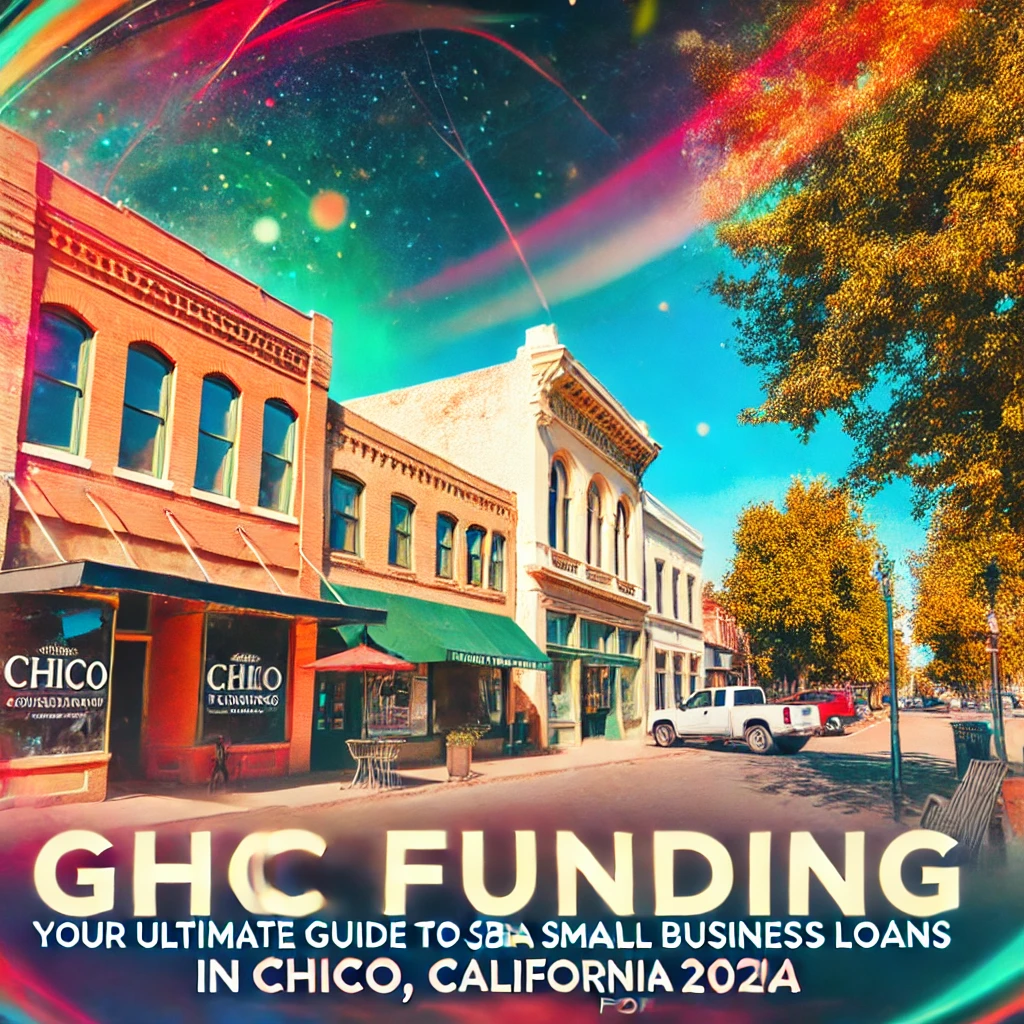How Millennials Can Start Investing with $100 in 2025: AI Tools, Beginner Tactics & Avoiding Common Mistakes
Jumping into investing might seem daunting, especially if you’re a millennial navigating student loan debts, delayed homeownership, and a rapidly changing financial landscape. The good news? Investing is more accessible than ever in 2025, and you can start with as little as $100. This comprehensive guide will walk you through the best ways to get started, leverage cutting-edge AI tools, avoid the worst beginner blunders, and set the stage for significant wealth building—all tailored to where Millennials stand today.
- How Millennials Can Start Investing with 0 in 2025: AI Tools, Beginner Tactics & Avoiding Common Mistakes
- 1. Why Invest Now: The 2025 Market Landscape for Millennials
- 2. Steps to Start Investing with 0
- 3. Tools, Apps & Resources for 2025 Millennial Investors
- 4. Common Millennial Mistakes & How to Avoid Them
- 5. Real-World Example: Lisa’s 0 Journey
- 6. FAQs
- 7. Action Plan: Next Steps for Your Millennial Investment Journey
1. Why Invest Now: The 2025 Market Landscape for Millennials
- Rising AI-driven investing platforms have democratized financial advice.
- Stock market volatility remains, but 2025 offers expanded fractional share options.
- Cryptocurrency and ESG (Environmental, Social, Governance) investing are mainstream—and highly accessible even with small amounts.
- Compound interest remains the best way to outpace inflation, now averaging 3.7% in 2025.
Data shows that 71% of millennials want to start investing but feel overwhelmed by information overload and lack of trust in the market (Source: 2025 Deloitte Millennial Money Survey).

2. Steps to Start Investing with $100
- Set Your Goal: Define your investment purpose—emergency fund growth, buying a home, or long-term wealth building.
- Pick the Best Account: Most millennials choose a Roth IRA (tax-free growth) or a taxable brokerage account for flexibility. Many apps now allow instant setup and zero commission trades.
- Select a Platform: Consider these 2025 investor-friendly apps:
- Robinhood and Fidelity: Fractional shares, crypto, and auto-investment options.
- Sofi Invest: Automated investing and AI-based financial guidance.
- Public.com: Social investing features and ESG-focused picks.
- PocketAI: AI-powered robo-advisor, perfect for beginners with $100 minimums.
- Choose Your Investments: Start diversified, even with $100:
- Fractional ETFs: S&P 500, Total Market, or ESG ETF—invest as little as $10 per fund.
- Blue-chip stocks: Own partial shares of Apple, Tesla, or Google.
- Cryptocurrency: Buy $5-$20 chunks in Bitcoin or Ethereum (stick to established coins at first).
- Automate and Grow: Set up auto-contributions. Even $20/month turns $100 into $3400+ in just 5 years at 8% annual growth (thanks to compounding!).
3. Tools, Apps & Resources for 2025 Millennial Investors
- AI Robo-Advisors: Wealthfront, Betterment, and the new AI-powered platforms like PocketAI adjust portfolios in real-time for you.
- Budget Trackers: YNAB, Monarch Money help you allocate funds by priority—investment included.
- Social Groups: Millennials thrive with accountability—join Reddit’s r/investing, or Public.com’s social shares to get tips and stay motivated.
- Educational Resources: Investopedia’s “Investing for Millennials” (2025 update), and the Bogleheads Wiki for free guides.
4. Common Millennial Mistakes & How to Avoid Them
- Waiting for the ‘Perfect Time’: Dollar Cost Averaging beats market timing—start now, grow gradually.
- All-in on Meme Stocks or High-risk Crypto: Fun for headlines, but proven risk to portfolios. Limit to <5% of your investment if you must play.
- Ignoring Fees: Compare platform costs—look for zero commission, and expense ratios under 0.15% for ETFs.
- Forgetting Taxes: Use AI-based tax tools (like TurboTax 2025 or TaxSlayer) for efficient reporting from Day 1.
5. Real-World Example: Lisa’s $100 Journey
Lisa, a 32-year-old millennial in Austin, set aside 0 in January 2025. Following this guide:
Need capital? GHC Funding offers flexible funding solutions to support your business growth or real estate projects. Discover fast, reliable financing options today!
Test Your Expertise: The Complexities of the 1031 Exchange

As a sophisticated real estate investor, you understand that the 1031 Exchange is a cornerstone strategy for tax deferral and wealth accumulation. But beyond the basics, the intricacies of the 1031 Exchange rules can pose significant challenges. This quiz is designed to test your in-depth knowledge and highlight critical nuances that separate casual investors from true experts in 1031 Exchange transactions.
Instructions: Choose the best answer for each question.
⚡ Key Flexible Funding Options
GHC Funding everages financing types that prioritize asset value and cash flow over lengthy financial history checks:
-
Bridge Loans: These are short-term loans used to "bridge the gap" between an immediate need for capital and securing permanent financing (like a traditional loan or sale). They are known for fast closing and are often asset-collateralized, making them ideal for time-sensitive real estate acquisitions or value-add projects.
-
DSCR Loans (Debt Service Coverage Ratio): Primarily for real estate investors, these loans are underwritten based on the property's rental income vs. debt obligation ($\text{DSCR} = \text{Net Operating Income} / \text{Total Debt Service}$), not the borrower's personal income or tax returns. This offers flexibility for those with complex finances.
-
SBA Loans: The Small Business Administration (SBA) guarantees loans offered by partner lenders. While providing excellent terms (long repayment, lower rates), the application process is typically slower than private/bridge funding, often making them less suitable for immediate needs. SBA eligibility heavily relies on the DSCR metric for repayment assessment.
🌐 Learn More
For details on GHC Funding's specific products and to start an application, please visit their homepage:
The Ultimate DSCR Loan for Rental Property Quiz

Are you looking to expand your real estate investment portfolio? A DSCR loan might be the perfect tool to help you achieve your goals without relying on traditional income documentation. Test your knowledge with this quiz to see if you're ready to master the intricacies of a DSCR loan for rental property.
- She opened a Roth IRA on Fidelity, bought $50 in an S&P 500 ETF, $20 in ESG ETF, and $30 in Bitcoin via their integrated crypto platform.
- Lisa set auto-deposits of $25 every month, regardless of market ups and downs (“investing on autopilot”).
- By December, her account grew to $445—after accounting for some volatility, that’s a 9% blended return.
6. FAQs
- Q: Can I really make meaningful progress starting with just $100?
- A: Absolutely. Consistency is key. Over 10 years, adding just $50 monthly at 8% can grow to over $9,000.
- Q: Should I pay off debt first or invest?
- A: If you have high-interest debt (>8%), prioritize paying that off. Otherwise, start investing alongside moderate debt payments.
- Q: Are robo-advisors safe?
- A: Yes, regulated firms like Wealthfront and AI-driven PocketAI are insured and use rigorous security protocols.
- Q: How much should Millennials invest for retirement?
- A: Aiming for 15% of gross income is ideal. But even small starts compound rapidly—begin with what you can.
7. Action Plan: Next Steps for Your Millennial Investment Journey
- Pick an app from the list above and sign up (takes 10 minutes).
- Deposit $100 (or whatever you can start with).
- Choose one diversified ETF and set it to auto-invest.
- Mark your calendars monthly for check-ins—track growth, rebalance, and learn from trusted sources.
Bottom Line: Millennials in 2025 have powerful new tools at their disposal. Invest $100, make it a habit, and let AI work for you—your future self will thank you.
For more personalized strategies, reach out to a financial advisor or check out free workshops from Millennial Money Meetup events in your city.
Get a No Obligation Quote Today.
✅ Small Business Resources
-
SBA – Small Business Administration
https://www.sba.gov - SCORE Mentors (Free Mentoring & Workshops)
https://www.score.org - Small Business Development Centers (SBDC)
https://americassbdc.org
Are You an SBA Real Estate Loan Expert?

Test your in-depth knowledge on using SBA Loans for owner-occupied commercial Real Estate acquisition. These questions delve into the critical details that can impact your business's growth and financial strategy.



